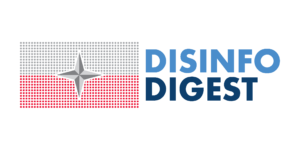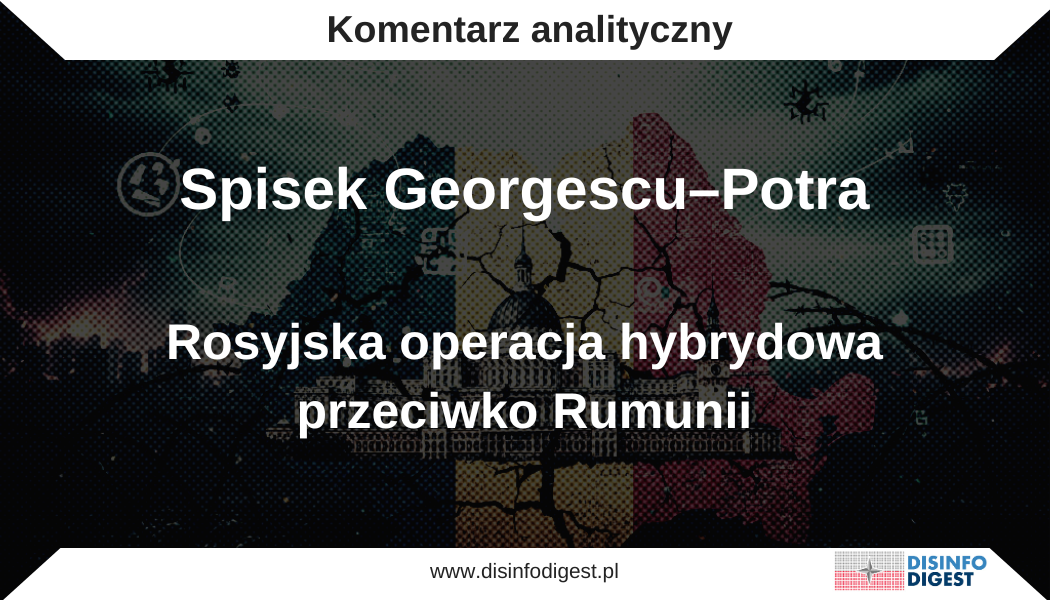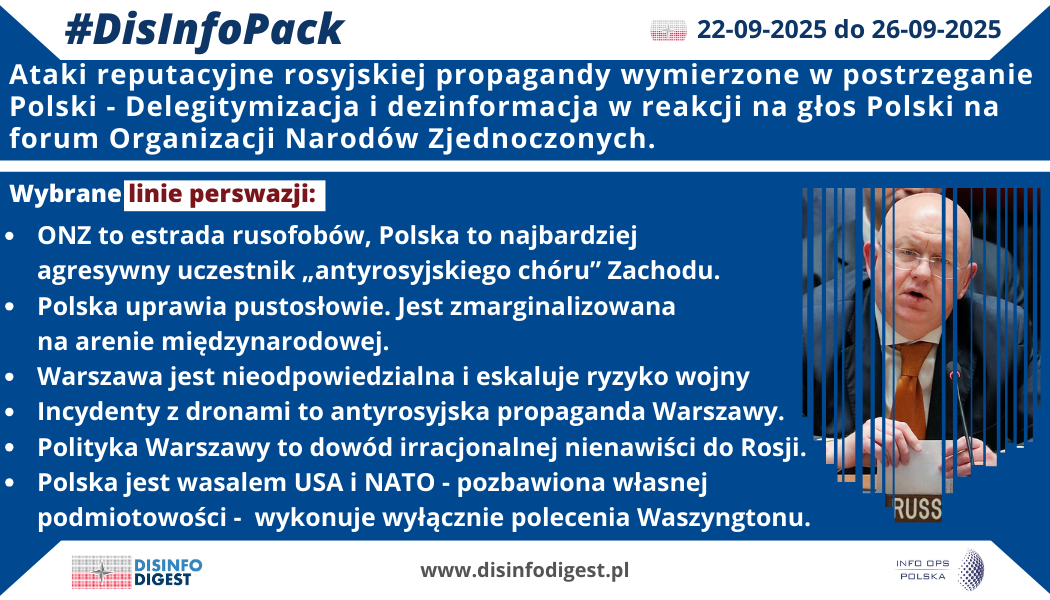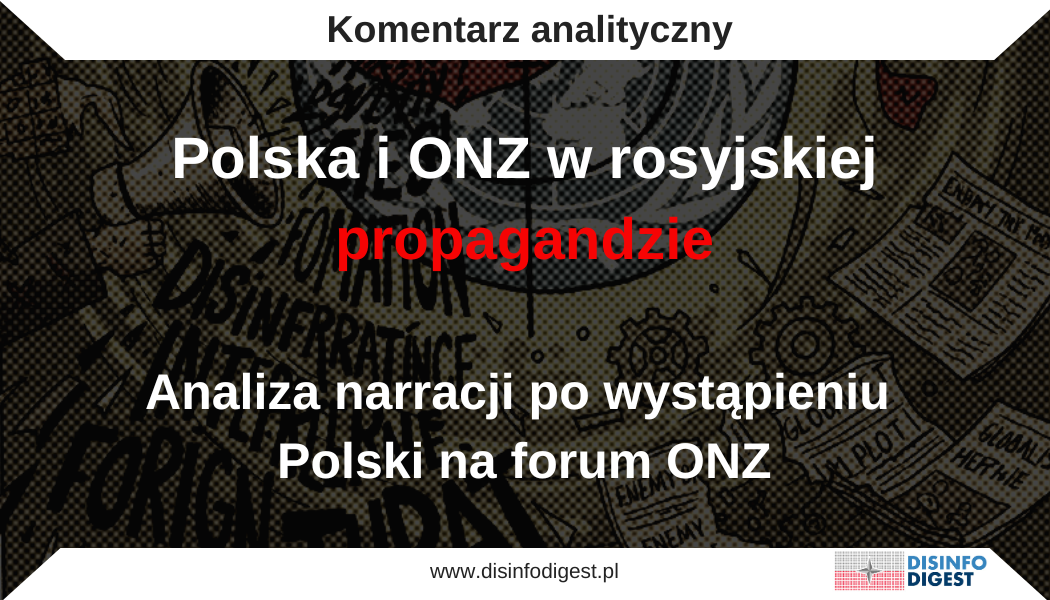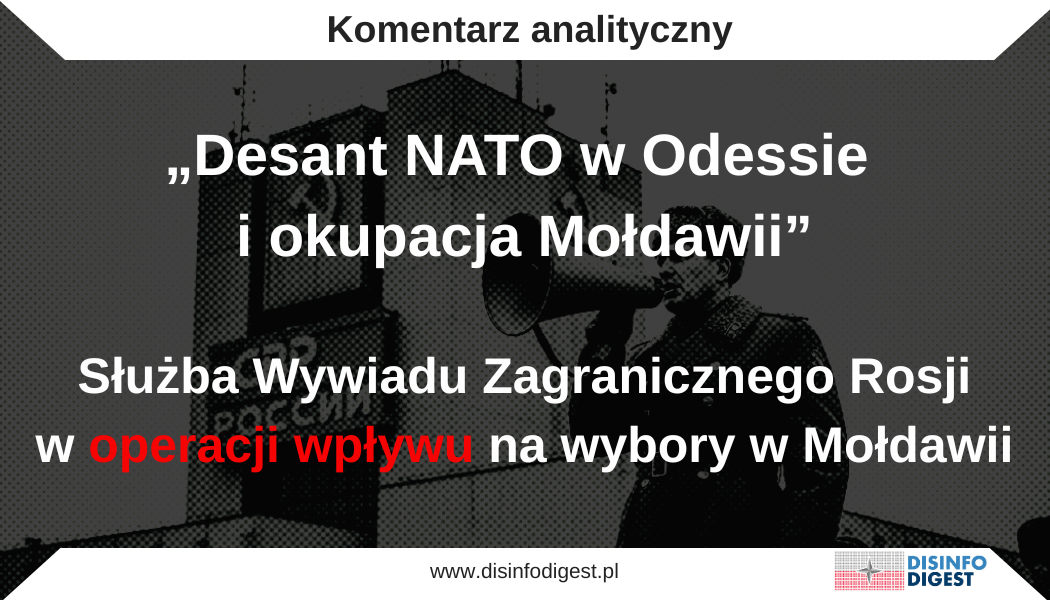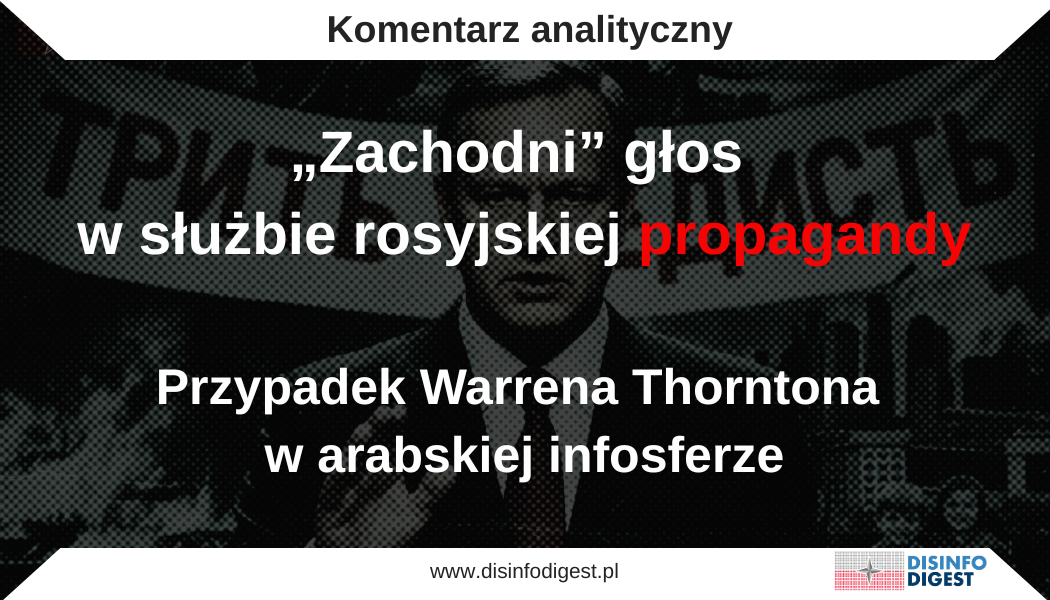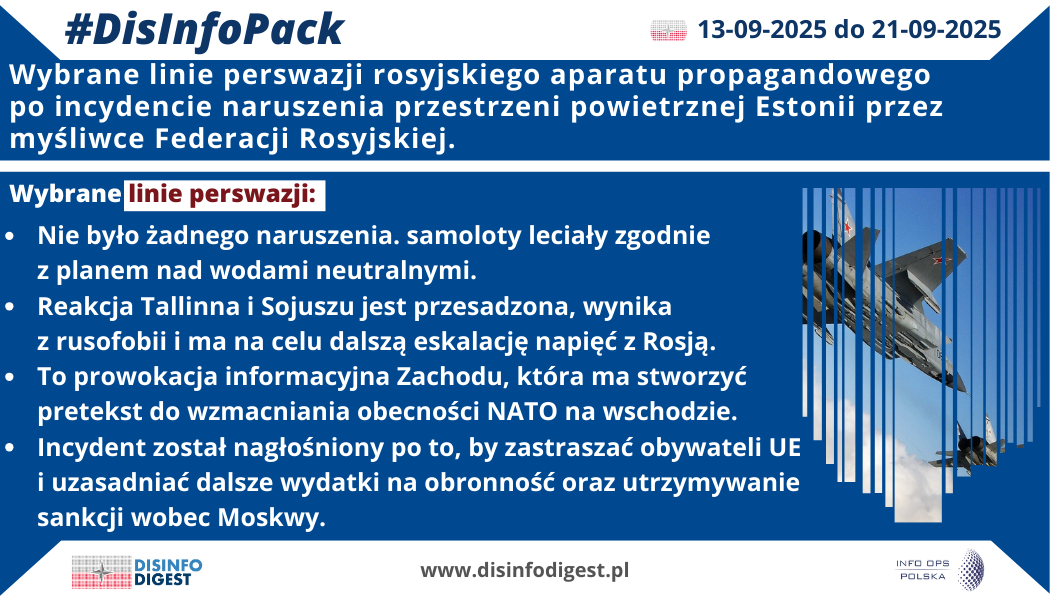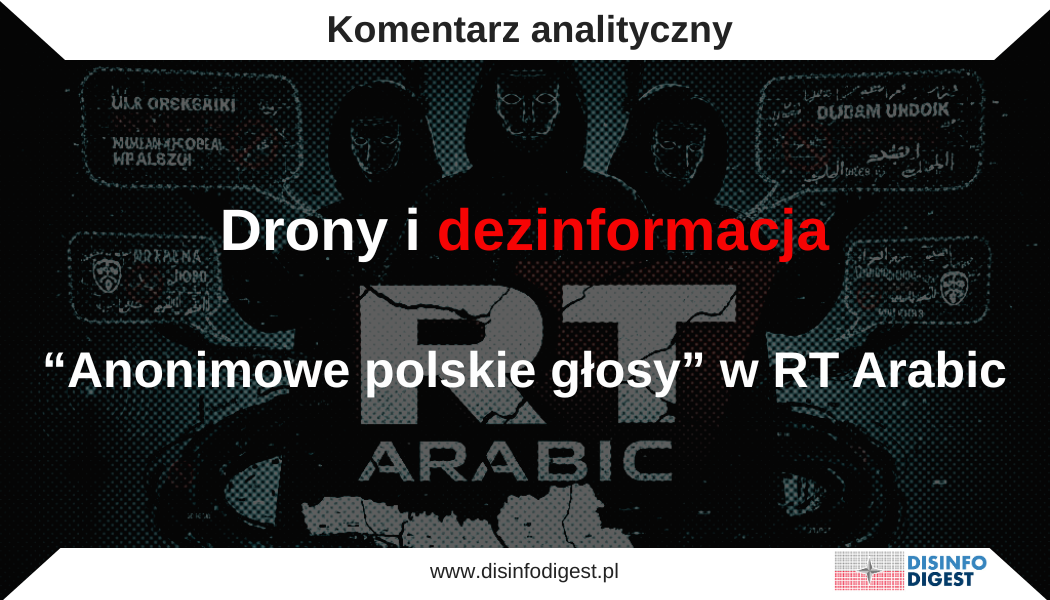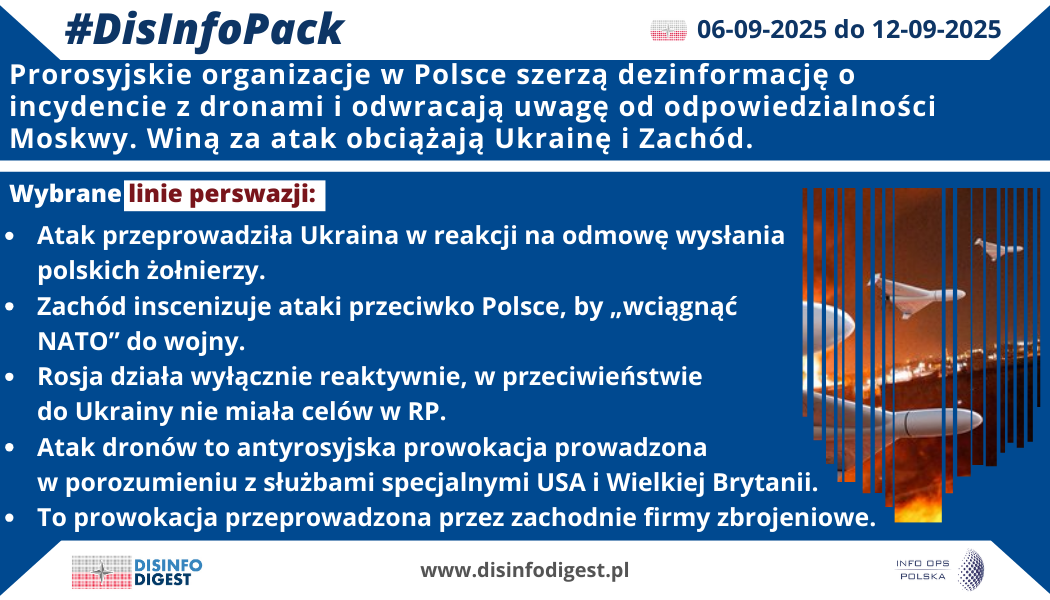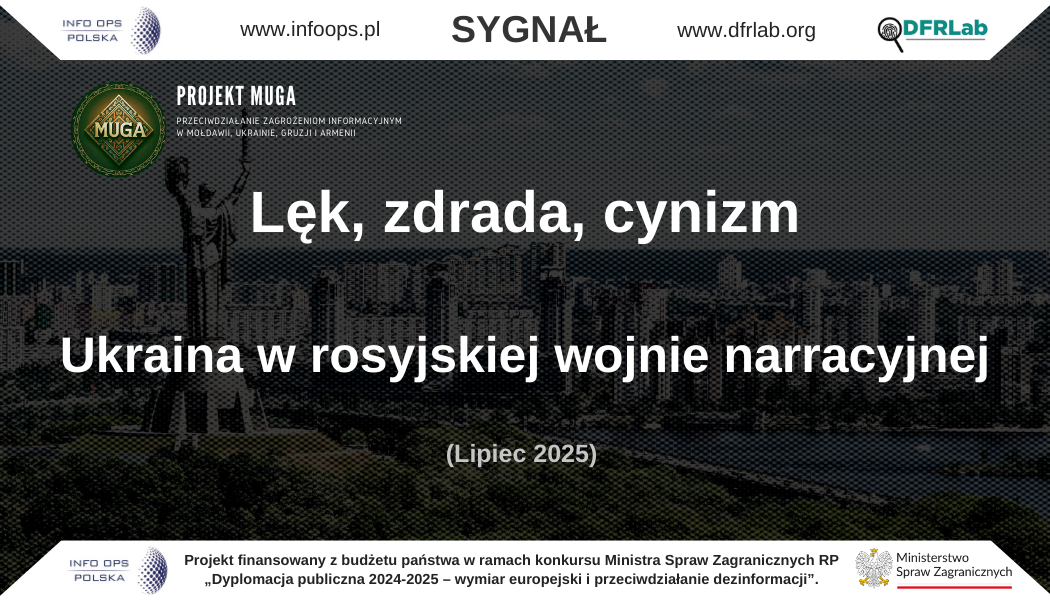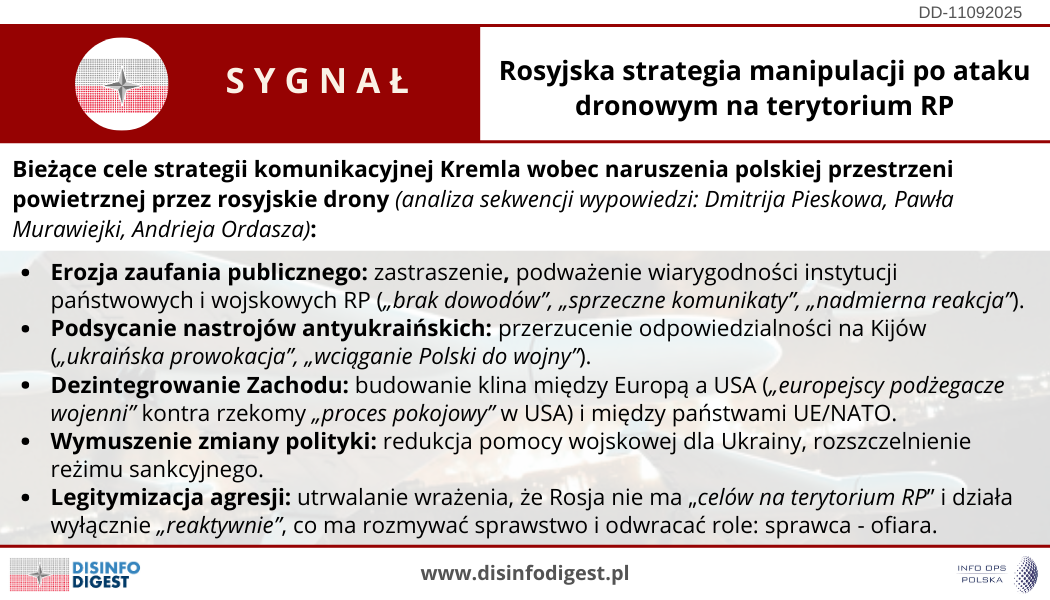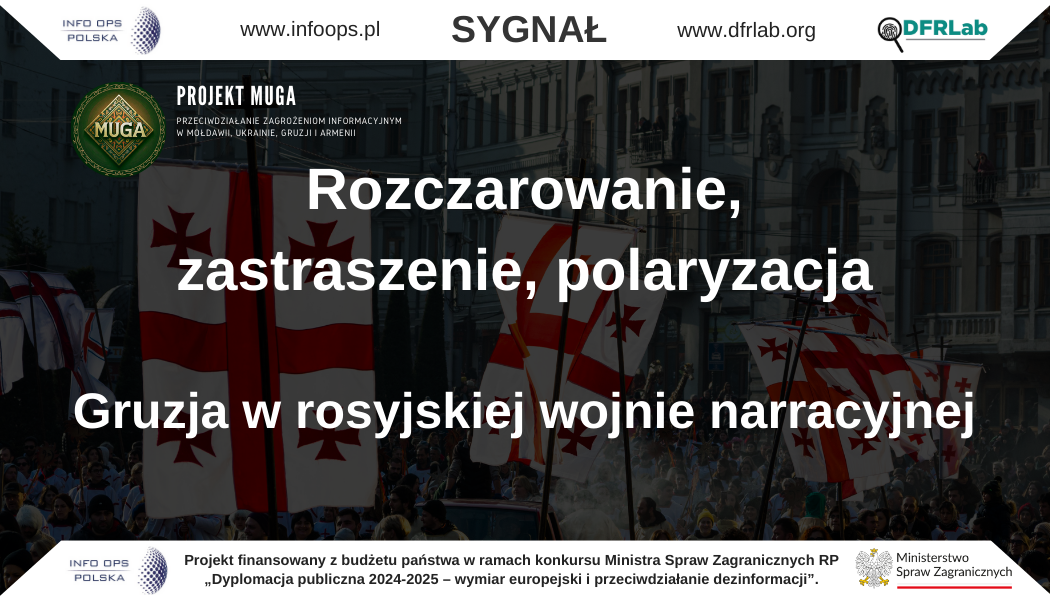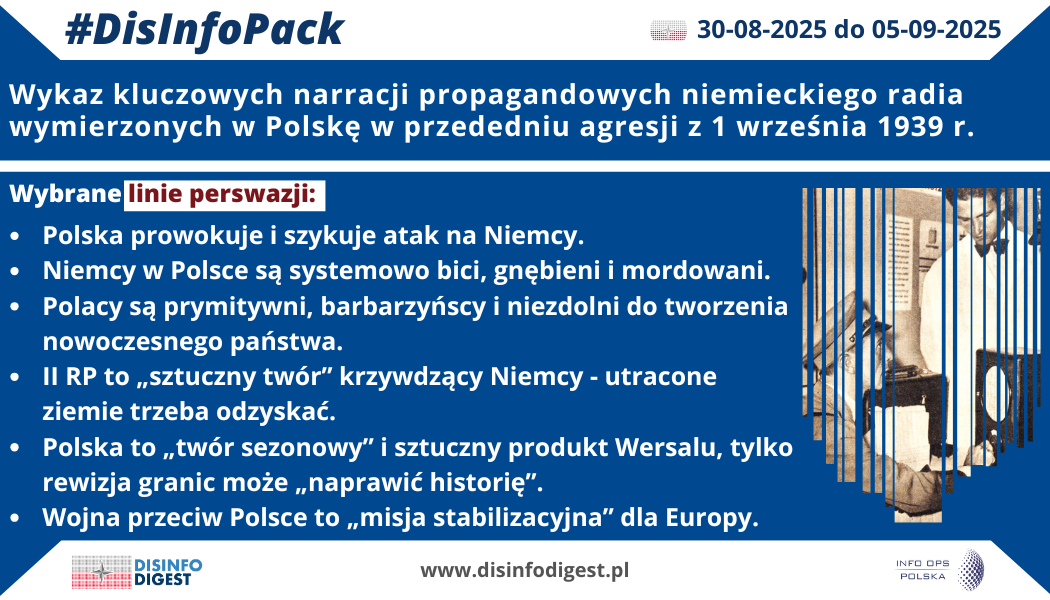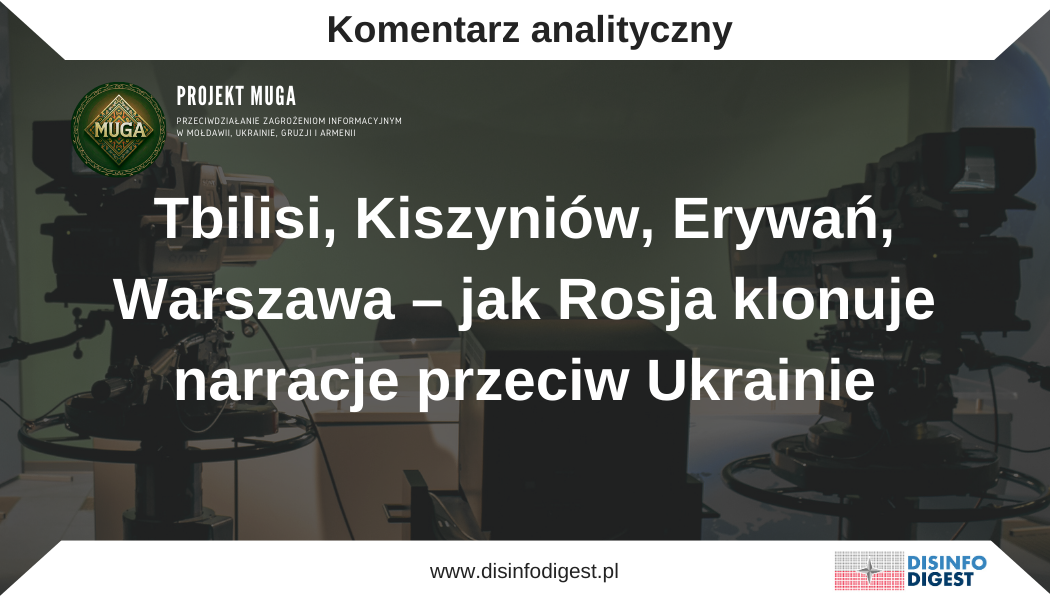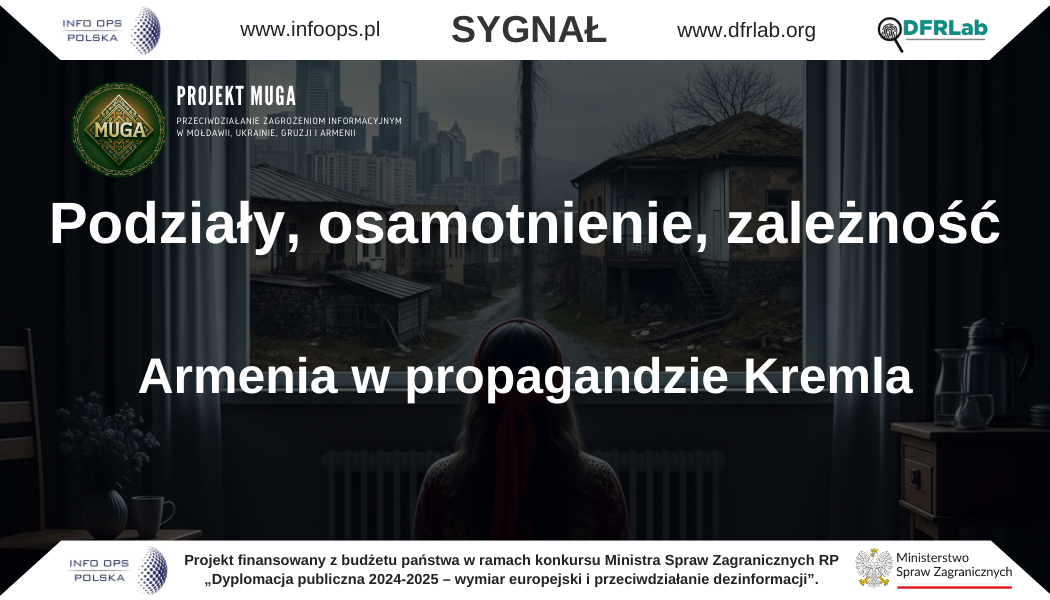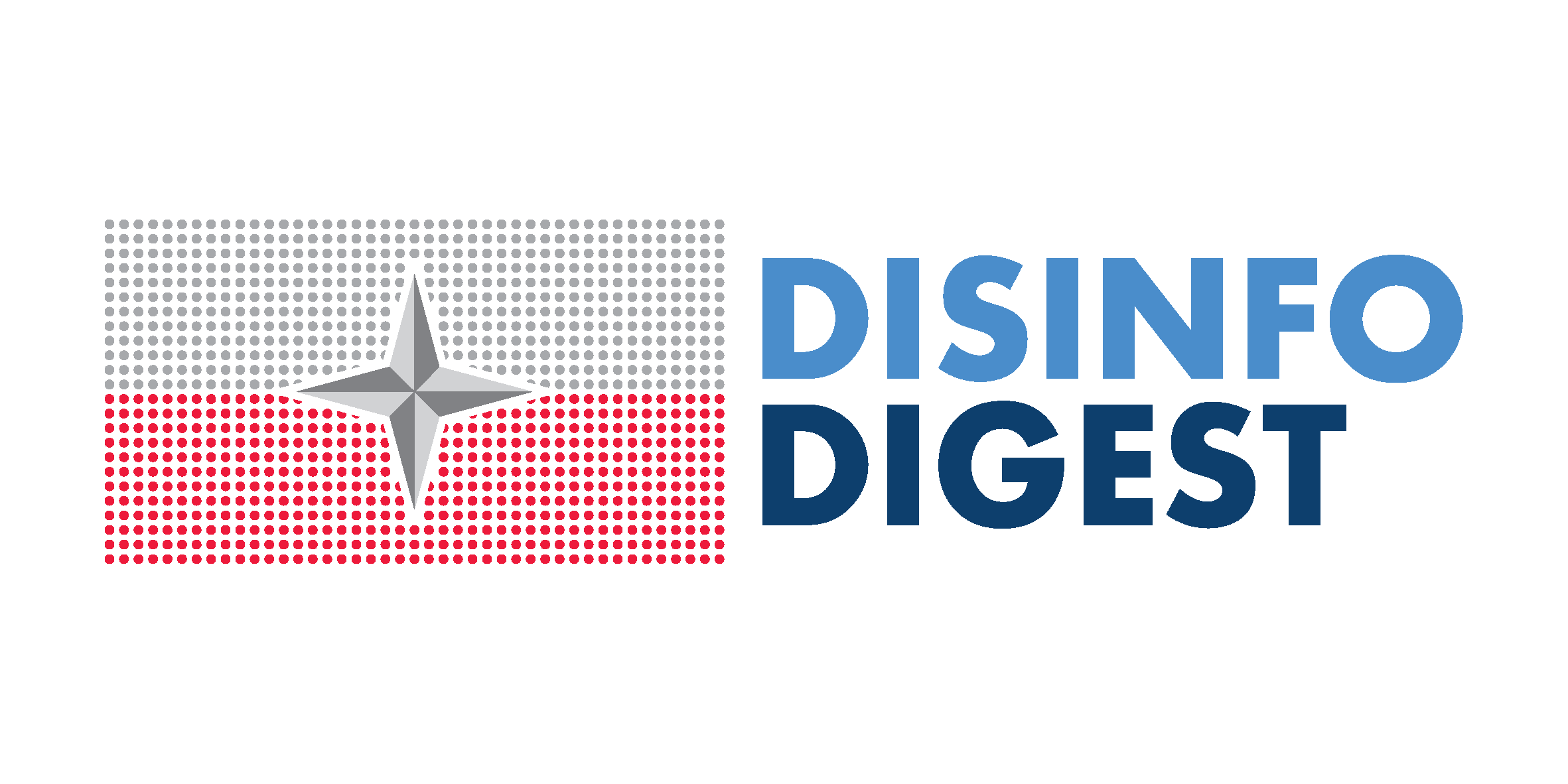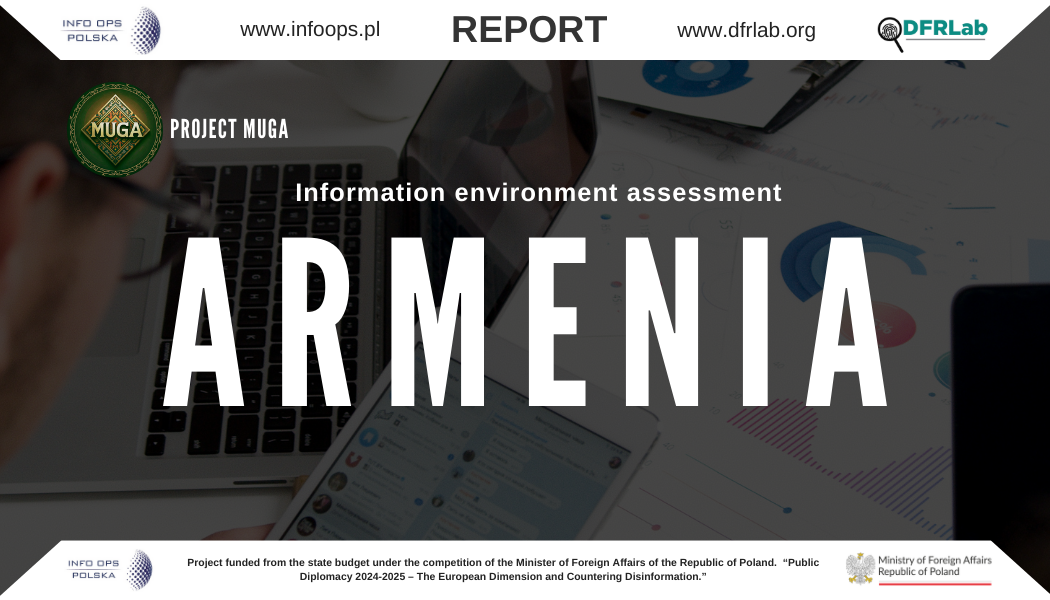
Raport: Analysis of Armenia’s information environment
The report you hold was prepared as part of the MUGA project, implemented by the INFO OPS Poland Foundation and DFRLab (Atlantic Council). Its goal is to thoroughly examine and describe Armenia’s information environment and the ways in which external actors, with a particular focus on Russia, use it to conduct disinformation and foreign information manipulation and interference (FIMI) operations.
The document begins with an outline of the political and historical context that led to the current rise in tensions: from Prime Minister Nikol Pashinyan’s assumption of power in 2018, through Russia’s negative role in the conflict with Azerbaijan, to the growing pro-European sentiment in society. Next, the report analyzes the structure and importance of traditional media (both state and private), the role of bloggers and influencers, as well as key social, political, and religious organizations that influence the perception of current events.
The collected data shows how complicated Armenia’s internal media scene is—from freedom of speech and genuine pluralism to radically pro-Russian narratives disseminated by oligarchic news channels. The report also presents tactics used to undermine public trust in democracy and state institutions, while simultaneously keeping Armenia in Moscow’s sphere of influence.
In subsequent chapters, we have included a discussion of key resources used in influence operations (including companies and NGOs), an analysis of specific persuasion techniques and emotional mechanisms, as well as case studies that reveal the scale and methods of conducting disinformation campaigns in Armenia. In conclusion, we present recommendations and guidelines that can help decision-makers, non-governmental organizations, and international partners counteract external interference.
The findings presented in this report unequivocally indicate that Armenia requires comprehensive support to build resilience against hybrid threats. The study has revealed that the primary risk remains the intensification of Russian influence operations, which internally destabilize the state, manipulate public sentiment, and impede pro-Western reforms.
The report includes a detailed analysis of the Armenian information environment’s structure, along with an identification of key political, economic, and socio-cultural vulnerabilities. We also highlight how Russia and other external actors exploit these existing weaknesses to disseminate disinformation. Our recommendations focus on strengthening the role of independent media and non-governmental organizations, deepening international cooperation, and developing long-term educational programs.
It is our hope that this report will serve as a valuable resource and an inspiration for concrete actions aimed at fostering a sovereign and democratic Armenia. The scale of Russian interference underscores the fragility of nation-building in regions with complex geopolitical histories and painful pasts. It is precisely for this reason that the aspirations of the Armenian people for integration with the West should be supported, as this—with appropriate backing—could contribute to the lasting stability and prosperity of the entire region.
This report was financed by the state budget under the competition of the Minister of Foreign Affairs of the Republic of Poland, “Public Diplomacy 2024-2025 – European Dimension and Counteracting Disinformation.”
This publication represents solely the views of the author and should not be construed as the official position of the Ministry of Foreign Affairs of the Republic of Poland.

